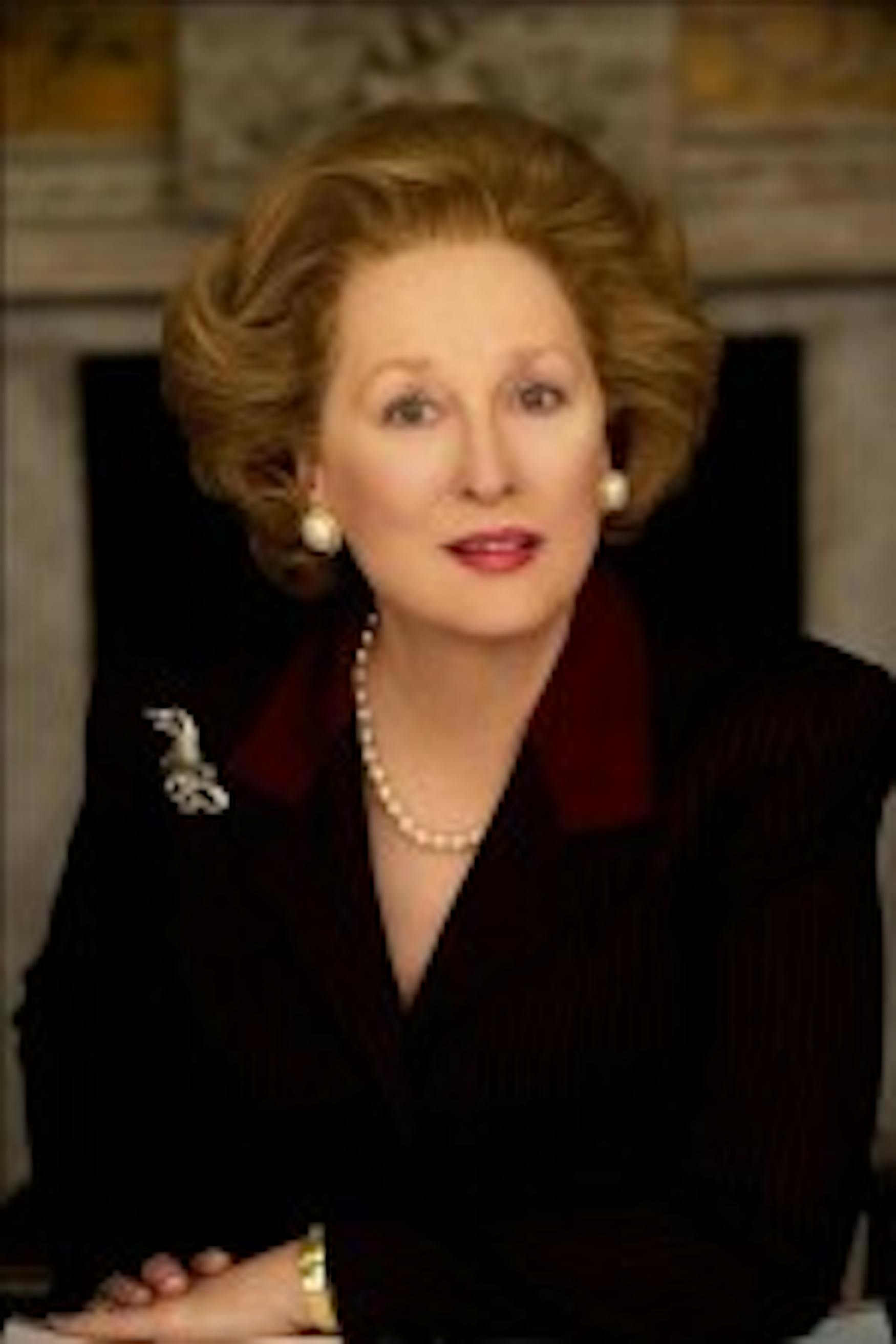Meryl Streep awes in otherwise flawed film
The Iron Lady will probably get an Oscar nomination for Best Picture and director Phyllida Lloyd knows it. Meryl Streep will definitely get a nomination for Best Actress, and you had best believe that she knows it as well. That's because the movie was clearly made to coast into Oscar season.
The aesthetic even follows that of last year's winner for Best Picture, The King's Speech, with its dull grays and matte British scenery. Where The King's Speech had an original, relatively unknown story that was only made better by a strong cast, The Iron Lady takes the established icon and story of former British Prime Minister Margaret Thatcher and only has one interesting addition to offer: Meryl Streep.
The Iron Lady appears to have been created purely to showcase Meryl Streep's talent as an actress. She commands every scene, and the only other character ever truly established during the film is Denis Thatcher, her husband, who is played by Jim Broadbent. While Broadbent adds some much-needed energy to the film, he is overshadowed by the titan that is Streep. Unfortunately, his role is to play Margaret Thatcher's imagination of her late husband. As in, Thatcher is senile and can't stop imagining that her late husband is with her. This is where the movie hits its first bumps.
Lloyd doesn't seem to know what kind of movie The Iron Lady is supposed to be. If we're supposed to see an uplifting tale about overcoming the odds, seeing Margaret Thatcher in her current-day senility and dependency doesn't really send that message. Instead, it makes the movie feel like a depressingly nostalgic tale about the tragedy of aging.
Nor is this film about the necessity of strong leadership in trying times, despite its title that points to the contrary. Even as we see Thatcher through the "greatest hits" of her political career, they're always juxtaposed with a Thatcher that appears on the verge of death. So much attention is focused on Thatcher's decay that it detracts from the specifics of her leadership.
Streep's portrayal of Thatcher is either over the top or accurately unflattering. She comes off as so intense in every situation that you can't imagine how her leadership could have been effective. Thatcher was historically a polarizing figure, but the film makes it seem as if she doesn't even appeal to her own constituents. Instead, just about every other character is cannon fodder to set up inspirational quotes or moments of defiance from Thatcher.
When U.S. Secretary of State Alexander Haig (Matthew Marsh) presses Thatcher about avoiding the Falklands War, he mentions how a person's decisionmaking may differ once someone has actually been to war. The next line is a trailer-making retort: "With all due respect, sir, I have done battle every single day of my life." By this point, you're rolling your eyes. Not because the line is untrue but because just about every one of her interactions seems like a perfect setup for a knockout statement. There are plenty of references by movie television and radio clips that claim Thatcher is a controversial figure but, in the film, everyone else is such a caricature that we're forced to side with her.
The film briefly touches upon Thatcher's sacrifices for her career and the strain on her family and marriage, but these scenes seem like shallow attempts at uncovering larger, potentially more enthralling, stories. We know who Margaret Thatcher was as a leader, but less so as a wife and mother. Instead, this aspect of her life is glossed over and feels like an attempt to let Meryl Streep showcase more emotions.
Thatcher's love for her late husband eventually takes center stage and, once it does, we're left wondering exactly what this movie is about. You can't help but get the feeling that everyone involved in the film knew the source material was compelling enough to only require a stage-stealing actress to push it to greatness. Unfortunately, they put in so little extra effort that based purely on one strong performance and an undeniably interesting story, they made only a good—instead of a great— movie.
What results is a film that doesn't quite do justice to Margaret Thatcher. They spend more time cutting her down than they do praising her victories, and the victories they do show leave little room for debate. Thatcher is a complex historical figure; this is a simplistic historical movie that just barely tries to be complex. The scope is so large that we only see the tip of each aspect of her life. Because the camera never loses focus on Streep, we wonder if it's really about the performance and not about the actual legend. The implications of Thatcher's actions are so significant that even clips of people rioting over her decisions don't break through the film's nearsightedness. The Iron Lady is a fine movie but balancing the complexities of Margaret Thatcher's story would have made a great movie. Instead, they seem content being just a nominee.



Please note All comments are eligible for publication in The Justice.